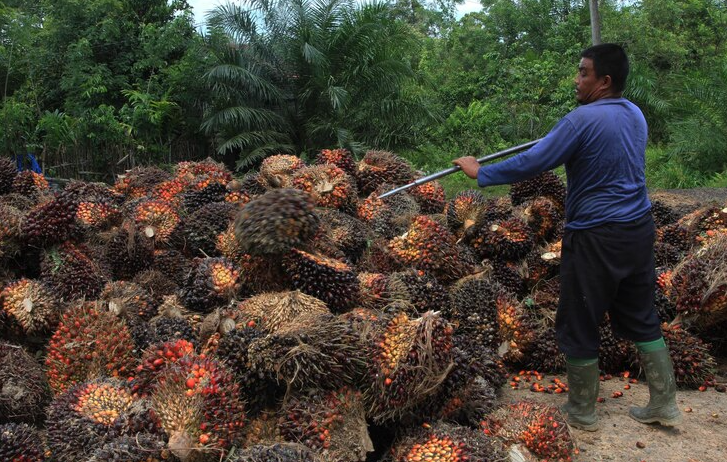In a major diplomatic engagement that signals deeper cooperation between Africa and South America, Brazil’s Vice President, Geraldo Alckmin, alongside his wife, arrived in Abuja, Nigeria, for the Second Session of the Nigeria-Brazil Strategic Dialogue. The high-level visit marks a renewed commitment by both nations to strengthen bilateral relations across key sectors, with over 30 Memoranda of Understanding (MoUs) expected to be signed.
The strategic dialogue, first initiated to bolster ties between the two largest economies on their respective continents, is set to focus on partnerships in agriculture, energy, education, trade, technology, and cultural exchange.
A Diplomatic Milestone for Nigeria-Brazil Relations
This visit is Alckmin’s first to Nigeria in his capacity as Brazil’s Vice President and reflects Brazil’s growing interest in expanding its influence and cooperation within Africa. Nigeria, as Africa’s largest economy and most populous country, holds strategic importance for Brazil in trade, diplomacy, and South-South cooperation.
Welcoming the Brazilian delegation, Nigerian officials expressed optimism that the visit would lead to concrete partnerships that benefit both nations. The Federal Ministry of Foreign Affairs described the session as “a defining moment in the reawakening of a historic relationship,” referring to centuries-old cultural and economic connections rooted in shared Afro-Brazilian heritage.
Over 30 MoUs Across Critical Sectors
One of the most anticipated outcomes of the dialogue is the signing of over 30 Memoranda of Understanding, covering key sectors with high development potential:
1. Agriculture
Brazil, a global agricultural powerhouse, is expected to support Nigeria in agricultural mechanization, climate-smart farming, irrigation systems, and agro-processing technology. This partnership could significantly boost food production and help reduce Nigeria’s import dependency on staples like wheat, sugar, and processed dairy.
2. Energy
Both countries share ambitions in clean and renewable energy. Brazil’s expertise in biofuels, ethanol, and hydropower may provide a roadmap for Nigeria to diversify its energy mix and achieve sustainable energy access. Discussions are also likely to include collaboration on oil and gas exploration.
3. Education and Research
Brazilian universities and technical institutes are looking to partner with Nigerian counterparts to offer scholarships, exchange programs, and vocational training, particularly in agricultural sciences, engineering, and medicine. These efforts align with Nigeria’s push to improve technical and higher education outcomes.
4. Trade and Investment
Bilateral trade between Nigeria and Brazil has hovered below potential, largely centered on crude oil exports and imports of Brazilian machinery and food products. The dialogue aims to introduce trade facilitation measures, joint ventures, and private sector engagement, making it easier for businesses on both sides to access new markets.
Cultural and Historical Ties
The Brazil-Nigeria relationship goes beyond economics, it’s also deeply cultural. Brazil is home to one of the largest populations of African descent outside the continent, with strong historical ties to Nigeria, particularly through the Yoruba people and Afro-Brazilian communities in states like Bahia.
As part of the Vice President’s visit, there are plans for cultural exhibitions, heritage dialogues, and tourism cooperation, with both countries exploring how to leverage shared identities for soft power and cultural diplomacy.
Geopolitical Significance and South-South Cooperation
This visit is also symbolic of a growing trend of South-South cooperation where developing countries seek to partner with one another to address shared challenges and accelerate development. Nigeria and Brazil, both members of the G20 developing nations, can play leading roles in global issues such as climate action, food security, and economic justice.
By forming strategic alliances that go beyond aid and focus on mutual investment, skills transfer, and policy exchange, both countries can achieve more sustainable and sovereign development outcomes.
Conclusion: A Forward-Looking Partnership
The arrival of Brazil’s Vice President in Abuja and the ambitious scope of the Second Session of the Nigeria-Brazil Strategic Dialogue underscore a mature, evolving partnership. From agricultural innovation to cultural collaboration, this renewed relationship has the potential to deliver tangible benefits for millions of citizens on both sides of the Atlantic.
As Nigeria and Brazil continue to explore new opportunities, this visit may well be remembered as the turning point that redefined how emerging economies cooperate, grow, and lead on the global stage.
Published by Xamblog.com – Insightful coverage of diplomacy, development, and global partnerships shaping Africa’s future.
Last Updated on June 24, 2025 by kingstar





